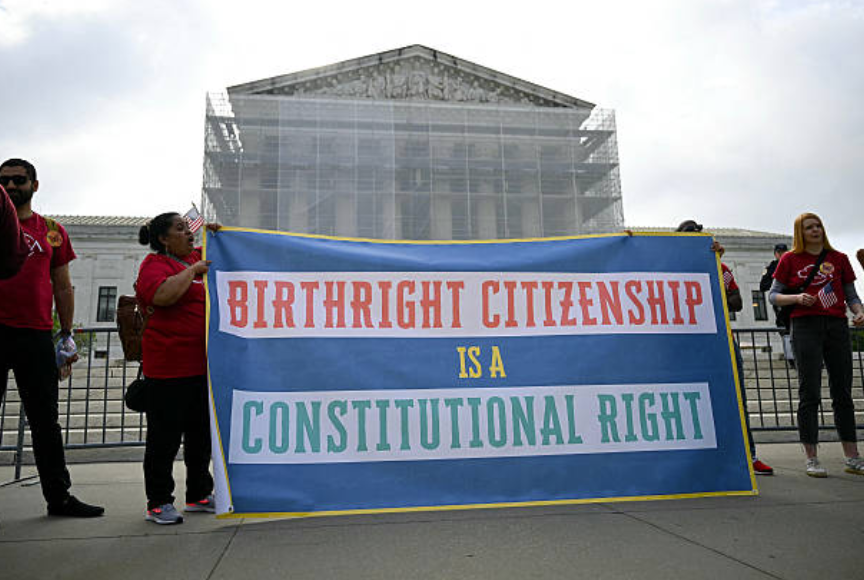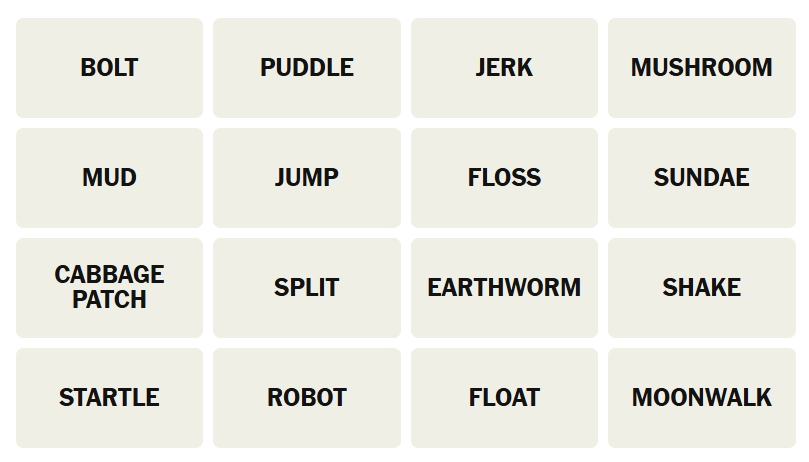
What Is Birthright Citizenship?
Birthright citizenship is the legal principle that grants citizenship to anyone born on a country’s soil, regardless of their parents’ immigration status. In the United States, this is based on the 14th Amendment, which states:
“All persons born or naturalized in the United States, and subject to the jurisdiction thereof, are citizens of the United States.”
This doctrine has long been interpreted to mean that any person born on U.S. soil—with very few exceptions, such as children of foreign diplomats—is automatically a U.S. citizen.
The Controversy: Trump’s Executive Order 14160
On January 20, 2025, President Donald Trump signed Executive Order 14160, aiming to end automatic citizenship for children born in the U.S. to undocumented immigrants or temporary visa holders. Trump’s administration argues that such children are not “subject to the jurisdiction” of the U.S., a narrow reading of the 14th Amendment.
Supreme Court Ruling: Trump v. CASA (June 27, 2025)
The U.S. Supreme Court ruled 6–3 in favor of the Trump administration—but not on the constitutional question of birthright citizenship itself.
Instead, the ruling focused on procedural grounds, specifically:
- Limiting the power of lower federal courts to issue nationwide injunctions (also called “universal injunctions”) against executive actions.
- The majority opinion, written by Justice Amy Coney Barrett, declared that lower courts cannot block federal policies nationwide unless such action is necessary to provide relief for the named plaintiffs in a lawsuit.
This significantly curbs judicial authority and strengthens the executive branch’s reach.
Key Points From the Ruling
| 🏛️ Issue | 📝 Ruling |
|---|---|
| Universal Injunctions | Disallowed unless essential to protect individual plaintiffs |
| Birthright Citizenship | Not decided—still under legal review |
| EO 14160 Enforcement | Temporarily unblocked in areas without legal challenges |
| Implementation Delay | 30-day pause for parties to refile challenges |
Legal and Expert Analysis
Strengthening Executive Power
The Supreme Court’s decision represents a notable shift in the balance of power between the judiciary and the executive branch. By limiting universal injunctions, the Court has restricted federal judges’ ability to issue sweeping orders that block policies nationwide. Instead, courts can only issue injunctions that apply narrowly to the parties involved in each case.
This change benefits the Trump administration by allowing Executive Order 14160—which seeks to redefine birthright citizenship—to move forward in jurisdictions where no specific injunction has been granted. However, the order remains subject to ongoing legal challenges.
Concerns About Fragmentation and Rights Protection
Critics of the ruling, including dissenting justices Sonia Sotomayor and Ketanji Brown Jackson, warn that this decision risks creating a patchwork of legal protections. Without the ability to issue broad injunctions, constitutional rights could vary by geography, leaving some individuals without effective protection depending on where they live.
Legal experts also caution that limiting nationwide injunctions could slow or complicate efforts to block potentially unconstitutional government actions, forcing challengers to file multiple lawsuits across different districts.
What Executive Order 14160 Entails
This order aims to limit birthright citizenship, declaring that children born in the U.S. to non-citizen parents who are not lawful permanent residents or are only temporarily present would no longer automatically receive U.S. citizenship. The administration argues this aligns with a stricter interpretation of the 14th Amendment’s phrase “subject to the jurisdiction thereof.”
How Birthright Citizenship Works Globally
The U.S. is among a limited group of countries with unconditional birthright citizenship. Other countries with similar policies include Canada, Mexico, Brazil, and Argentina. Many countries instead grant citizenship based on the parents’ status rather than place of birth.
What Happens Next?
- Ongoing Legal Challenges: Various states, immigrant advocacy groups, and affected individuals are pursuing lawsuits—often as class actions or state-led suits—to challenge EO 14160’s legality.
- Narrower Injunctions: Courts may grant injunctions limited to specific plaintiffs or regions, rather than nationwide blocks.
- Potential for Fragmented Application: The application of birthright citizenship could vary depending on court decisions in different parts of the country.
Summary Table
| Topic | Status |
|---|---|
| Birthright Citizenship Constitutionality | Still unresolved |
| Executive Order 14160 Enforcement | Temporarily allowed outside narrow injunctions |
| Nationwide Injunctions | Restricted by Supreme Court ruling |
| Legal Recourse | Available through narrower suits and state actions |
Conclusion
The Supreme Court’s June 2025 decision marks a critical moment in the ongoing debate over birthright citizenship in the United States. While it grants a procedural victory to President Trump by limiting nationwide injunctions against his Executive Order 14160, the fundamental constitutional question remains undecided. As the legal battles continue in lower courts, the future of birthright citizenship in America hangs in the balance, with significant implications for immigration policy and constitutional law.


